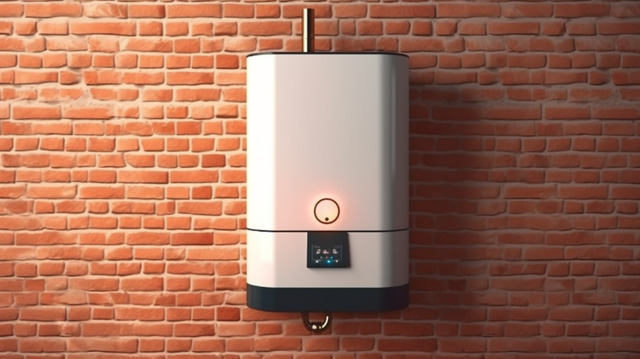At Beastbay Plumbing, we understand that navigating the world of home appliances can be overwhelming—especially when it comes to warranties. Your water heater is a vital part of your home, providing the comfort and functionality you need. But when something goes wrong, knowing what your warranty covers can save you both time and money. That’s why we’re here to break down everything you need to know about water heater warranties in an easy, no-stress way.
Standard vs. Comprehensive Warranties
Not all warranties are created equal, and this is especially true for water heaters. Typically, a standard warranty covers the basics—like the repair or replacement of defective parts, such as the tank or internal components. However, it usually doesn’t cover labor costs, and you might have to use an authorized service provider for repairs. On the other hand, a comprehensive warranty gives you more peace of mind by covering both parts and labor. While this option comes at a higher upfront cost, it offers broader protection in the long run, especially if something goes wrong.
Exclusions and Limitations
Here’s the tricky part: warranties often come with a few catches. There are certain things that warranties simply won’t cover. For example:
- Damage due to natural disasters, like floods or earthquakes.
- Improper installation—if your water heater wasn’t installed by a licensed professional, your warranty might be void.
- Sediment build-up in the tank, which can occur over time if you don’t perform regular maintenance.
- Using non-approved parts for repairs or maintenance.
To avoid any unpleasant surprises, it’s always a good idea to read the fine print and follow proper maintenance guidelines.
Transferability of Water Heater Warranties
If you’re planning to sell your home, one aspect of your water heater’s warranty that’s easy to overlook is transferability. Some manufacturers allow warranties to be transferred to the new homeowner, making your home more attractive to buyers. However, not all warranties are transferable, and some might require a transfer fee or additional paperwork. If you’re unsure, check with your warranty provider for details—it could make a big difference when it comes time to sell.
Claim Process: Steps to Follow
In the event of a water heater failure, here’s what you should have ready to file a claim:
- Proof of purchase and warranty registration (if needed).
- The model and serial number of your water heater.
- A clear description of the issue.
- Maintenance records (keep a log of any service visits or repairs).
You’ll likely need to contact the manufacturer or an authorized service provider to inspect your unit, so keeping all your documents in one place will make the process smoother and quicker.
Extended Warranties: Are They Worth It?
When your standard warranty is about to expire, you might be offered an extended warranty. Is it worth it? That depends on your situation. If your water heater has been reliable and you’ve kept up with maintenance, you might not need it. But if you’re concerned about costly repairs down the line, an extended warranty could give you some extra assurance. Just remember to weigh the initial cost against how long you plan to stay in your home and the potential for future repairs.
Got Questions? Contact Beastbay Plumbing Your Trusted HVAC Experts!
Understanding your water heater’s warranty can feel like a daunting task, but it doesn’t have to be. By knowing what’s covered, what’s not, and how to file a claim, you can be prepared for any situation that might arise. Regular maintenance is the key to keeping your water heater running smoothly—and staying within your warranty’s guidelines.
If you have questions about your water heater warranty or need professional advice on maintenance, Beastbay Plumbing is here to help. Give us a call today, and we’ll make sure your home stays warm and comfortable all year long!
Need More Help with Your Water Heater?
If your hot water has gone cold and you’re wondering what’s going on, check out our guide on why your water heater isn’t working. For more tips and expert advice, explore our blog. Happy reading!



